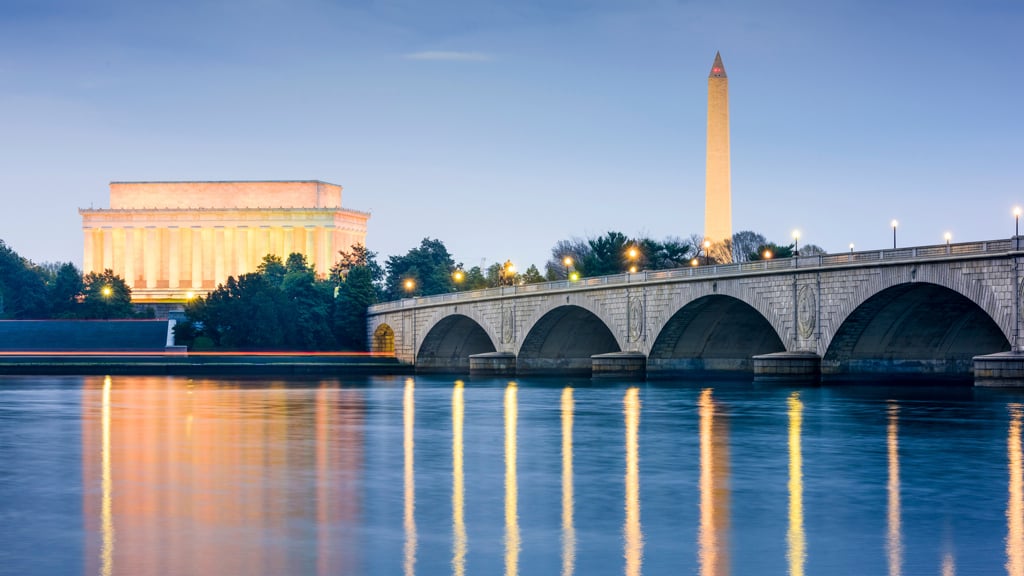The Nation’s Triathlon suddenly became a duathlon Sunday, after race organizers canceled the swimming portion. The late change, announced Friday morning, was attributed to conditions in the Potomac River that do not meet recommendations from both the EPA and the DC Department of the Environment for full-body contact.
Swimming in the Potomac is generally not approved in the District, but organized events like the Nation’s Triathlon and other races can get exceptions. Not last week, though, when E. coli readings in the Tidal Basin, where the race was originally supposed to begin, measured 73 percent above the EPA’s recommended levels for recreational activity in water.
It’s not the first time the Nation’s Triathlon has had to shrink down to a bike-and-run race—in 2014, the swimming portion was canceled days after an intense rainstorm caused sewage pipes to overflow into the Potomac—but this incident is a bit alarming as it comes just a few months after the river received its cleanest bill of health in decades.
The Potomac Conservancy gave the river a “B-” on the “Potomac Report Card” it issued in March, stating that the river is on track to be swimmable and fishable by 2025. That grade follows a steady improvement over the past half-decade, a period over which the Potomac has been the only major Chesapeake tributary to see short- and long-term reductions in the nutrients that pollute the water. (That same report, though, also dinged the Trump National Golf Course in Sterling for being a significant contributor of dirty runoff water thanks to its removal of trees from more than a mile of riverfront.)
Even with recent improvements, though, much of the Potomac is not suitable for swimming outside a few downstream spots in Virginia. But this year’s triathlon was not preceded by a sewage-dredging rainstorm like two years ago. So what happened between 2015, when 3,500 racers dove into the water, and last week? Despite the Potomac’s recent trends, the river is still considered one of the nation’s dirtiest—in August, a collection of environmental group sued the EPA over its recent approval of DC’s elevated loads of E. coli in the Potomac, Anacostia, and Rock Creek.
Julia Robey Christian, a spokeswoman for DDOE, says the agency does not yet know why the swim portion had to be called off, but that it is investigating a “handful of causes.”
But after the Nation’s Triathlon, it’s a situation that should concern more than just the run-bike-and-sometimes-swim set. “We were all pretty disgusted over the water conditions in Rio for the Olympics,” Potomac Conservancy President Hedrick Belin says, referring to the Olympic triathlon and open-water swimming events in which athletes paddled through the unsavory waters off Copacabana Beach, “but I think it’s shocking for local residents and athletes to learn that here in the nation’s capital, we have sewage flowing into the Potomac and Anacostia rivers.”



















